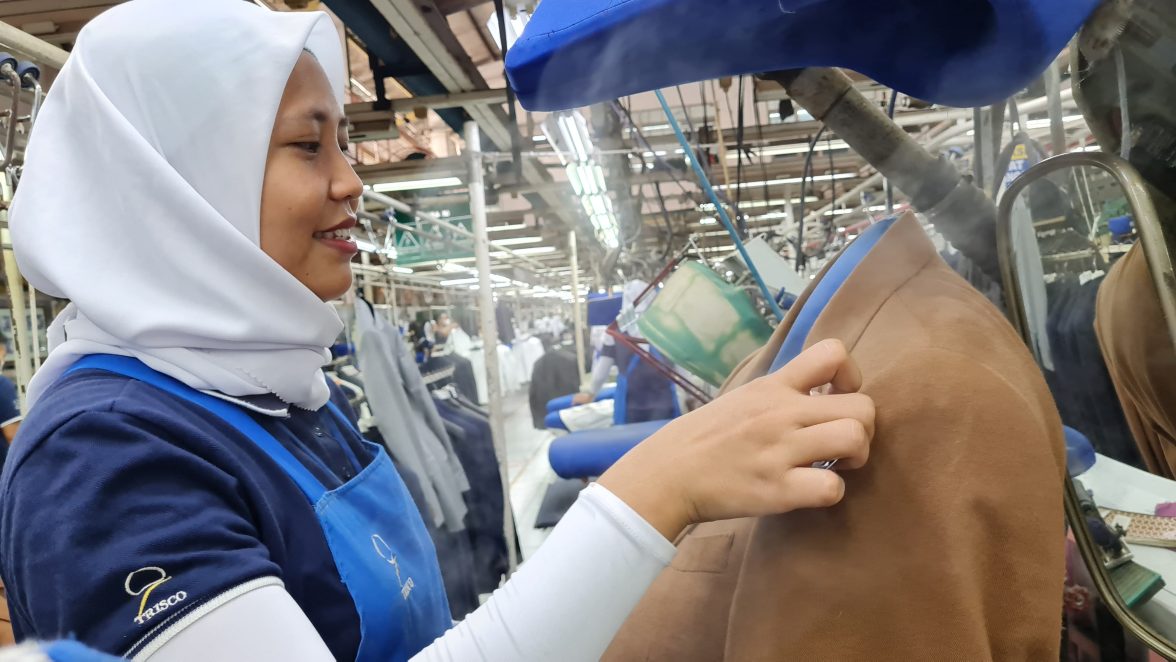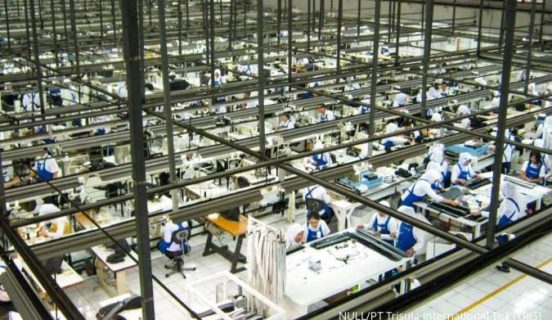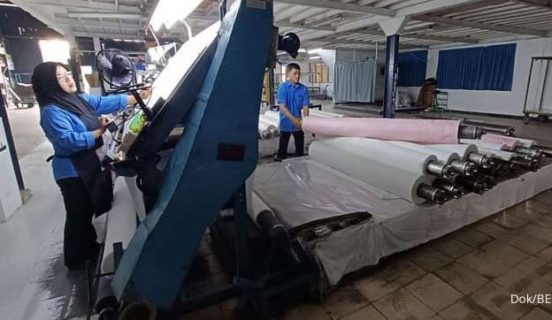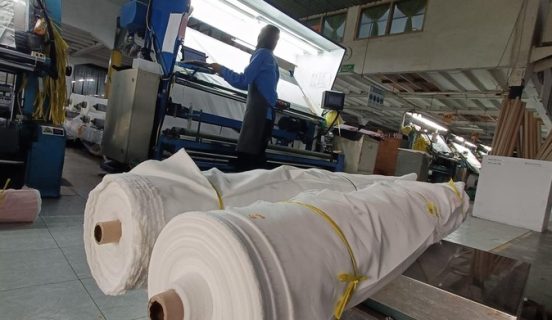PT Trisula International Tbk (TRIS) Optimistic to Achieve Double-Digit Growth Target by the End of 2024
PT Trisula International Tbk (TRIS) remains optimistic about achieving a double-digit growth target by the end of 2024, despite facing challenges in the textile and garment industry. Widjaya Djohan, the President Director of TRIS, stated that the company’s performance up to the third quarter has shown positive results, providing confidence that the company will close the year on target. According to the financial report released by the Indonesia Stock Exchange (BEI), TRIS posted a revenue of IDR 1.08 trillion, a 4% increase from the same period last year. Additionally, net profit rose significantly by 16% YoY to IDR 62.23 billion from IDR 53.77 billion in the previous year.
Widjaya explained that the largest contribution came from the manufacturing segment, especially fabric and garments, along with a double-digit increase in uniform (15%) and retail (12%) sales. “With these results, we are optimistic that we can achieve our annual targets,” he told KONTAN on Friday (November 8).
To boost sales heading into the end of the year, the company has prepared several key strategies, including strengthening brand presence and expanding sales. Through its subsidiary PT Trisula Textile Industries Tbk (BELL), TRIS continues to develop its points of sale (POS) for the JOBB and Jack Nicklaus brands to expand access and increase brand awareness in the domestic retail market. “This addition of POS is expected to strengthen market reach and drive sales growth in the fashion segment,” Widjaya added.
Moreover, the synergy within the integrated ecosystem of the Trisula Group enables operational efficiency, with each subsidiary playing a specific role. PT Trisula Textile Industries, PT Trisco Tailored Apparel Manufacturing, and PT Trimas Sarana Garment Industry collaborate in the development of high-quality products in the textile and garment segments. This synergy has the potential to reduce operational costs and improve profit margins. Widjaya mentioned that TRIS is also expanding its export scope while maintaining strong relationships with existing customers and seeking new market opportunities both domestically and abroad. “In maintaining healthy financial performance, TRIS keeps its debt-to-equity ratio (DER) below 1 and increases production efficiency through investments in new machinery,” he added.
Supporting government policies, TRIS, through BELL, produces fabrics with high domestic components (TKDN), such as Bellini (77.78%), recycled polyester (46.79%), and polyester-rayon fabric Caterina (43.95%). This increases TRIS’s appeal in the uniform segment, particularly among government agencies. Widjaya concluded, “These steps will strengthen TRIS to achieve this year’s growth target and provide a solid foundation for the years to come.”







